“Beaker Simax” has been added to your cart. View cart
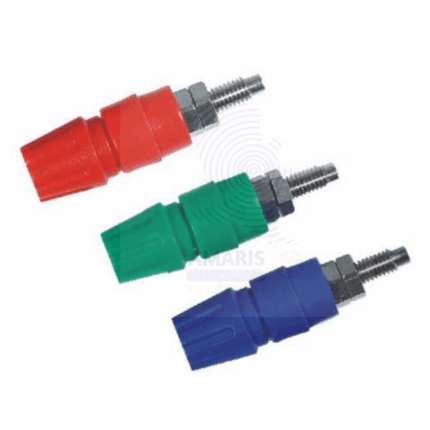
Terminals
$700.00 Original price was: $700.00.$650.00Current price is: $650.00.
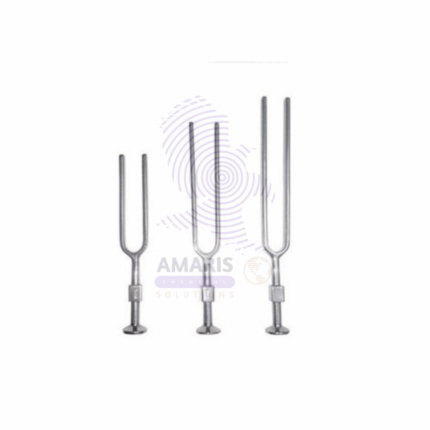
Tuning fork set of 8
$1,500.00 Original price was: $1,500.00.$1,400.00Current price is: $1,400.00.
Tile cavity 6 and 12 holes
$370.00 Original price was: $370.00.$300.00Current price is: $300.00.
Whatsapp Order
A tile cavity plate with 6 or 12 holes is a flat, ceramic or plastic laboratory tool designed with multiple small, concave wells, each acting as a mini container. These wells are used for holding small volumes of liquid or powdered chemicals, reagents, or samples. The layout of 6 or 12 cavities allows for efficient organization and simultaneous testing of multiple substances in a compact space. Ideal for spot tests, small-scale reactions, pH analysis, and staining procedures, the plate offers a convenient and reusable solution for managing parallel experiments without risk of cross-contamination between samples.
SKU:
ACS93163CHEM0
Category: LABORATORY EQUIPMENT & APPARATUS
Description
Table of Contents
ToggleUses of Tile cavity 6 and 12 holes
1. Spot Testing
- Tile cavity plates are often used for small-scale spot tests. Each cavity can hold a small volume of reagents, allowing for multiple tests to be conducted simultaneously without cross-contamination.
2. pH Testing
- The cavities are used to place different samples and test their pH by adding a few drops of pH indicators or using pH paper.
3. Preliminary Chemical Reactions
- Small-scale reactions can be carried out in individual cavities for preliminary analysis. This is useful when working with limited amounts of chemicals or when you want to observe the color change or precipitation in different conditions.
4. Titrations
- Microtitrations can be performed in tile cavities, especially when only a small amount of reagent is needed. The multiple cavities allow for titration of several samples or repeated trials in parallel.
5. Biological Assays
- In microbiology, tile plates can be used to hold small quantities of cultures, reagents, or even bacterial suspensions for observation or staining.
6. Staining
- In biological applications, tile cavities can be used to perform staining of cells or tissues with different staining solutions. For example, Gram staining or other histological staining techniques can be performed using tile plates for efficiency.
7. Storage of Small Volumes
- They can be used for temporary storage of small liquid samples, especially when a large number of solutions need to be handled in small volumes.
Reviews (0)
Be the first to review “Tile cavity 6 and 12 holes” Cancel reply
Related products
Amber Bottles Polystop
$0.01
A laboratory glass amber bottle is a specialized container commonly used in laboratories to store and protect light-sensitive substances, chemicals, or solutions. These bottles are made from amber-colored glass, which provides protection against ultraviolet (UV) and visible light radiation. The amber glass helps to minimize the degradation and decomposition of light-sensitive contents by blocking a significant portion of the light spectrum.
The amber color of the glass is achieved by adding iron, sulfur, and other compounds during the glass manufacturing process. This coloration is what gives the bottles their distinctive amber or brown appearance.
Laboratory glass amber bottles typically come in various sizes, ranging from small volumes of a few milliliters to large capacities of several liters. They often have a screw-on or snap-on cap, providing a secure and airtight seal to prevent spills, evaporation, and contamination.
Due to their ability to protect light-sensitive substances, laboratory glass amber bottles are widely used in chemistry, biology, pharmaceuticals, and other scientific fields where sample integrity and stability are crucial.
Balance Bathroom Scale
$0.01
bar and gauge apparatus
$0.01
bare enamelled copper wire
$0.01



 LABORATORY EQUIPMENT & APPARATUS
LABORATORY EQUIPMENT & APPARATUS
 Fertilizers
Fertilizers Plant Growth Regulators
Plant Growth Regulators Soil Conditioners
Soil Conditioners Animal Feed Additives
Animal Feed Additives Biostimulants
Biostimulants Dough Conditioners
Dough Conditioners Flour Treatments
Flour Treatments Fat Replacers
Fat Replacers Preservatives (baking)
Preservatives (baking)
 Surfactants (cleaning)
Surfactants (cleaning) Builders
Builders Bleaching Agents
Bleaching Agents Enzymes
Enzymes Solvents (cleaning)
Solvents (cleaning) Fragrances
Fragrances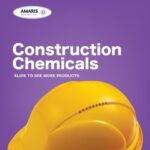

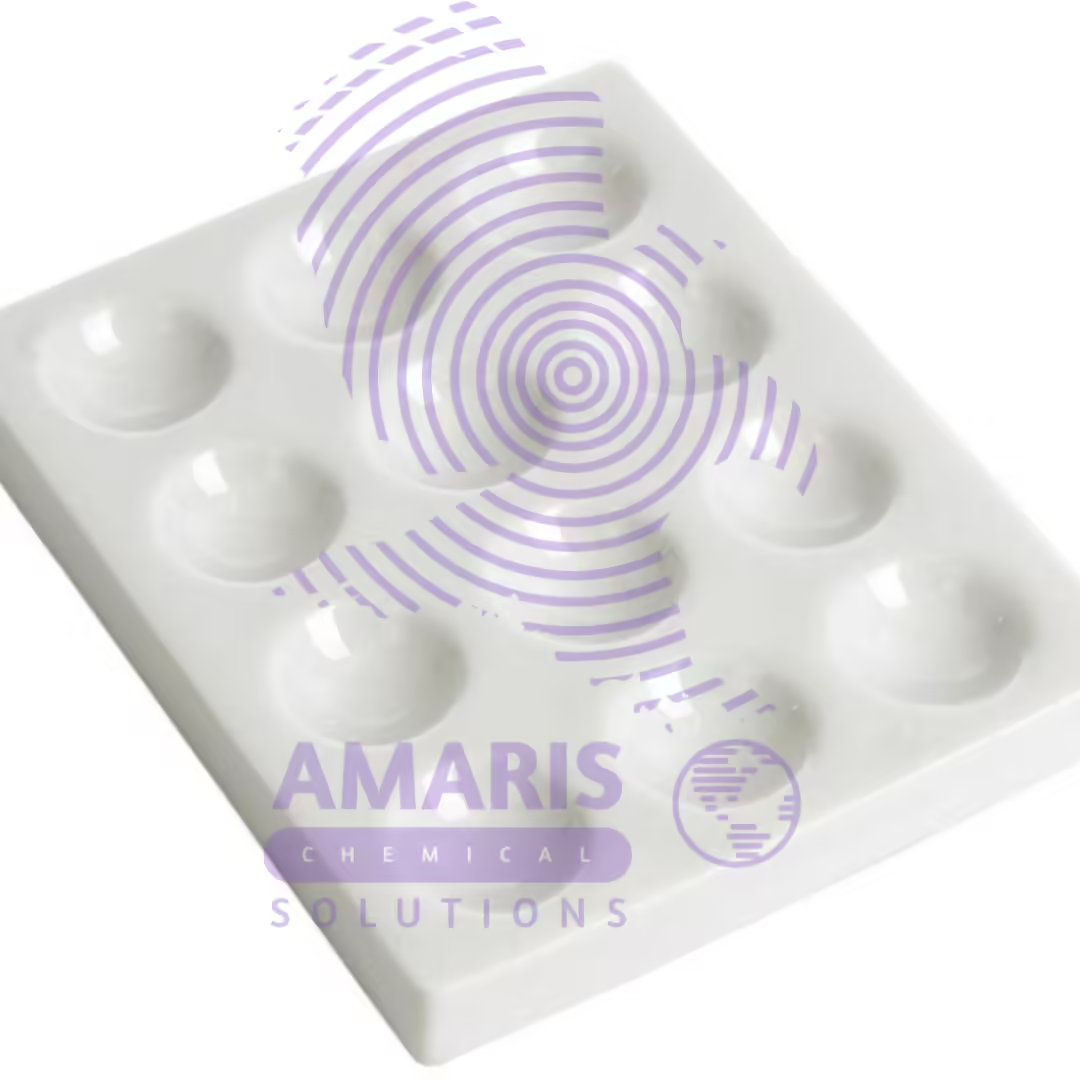
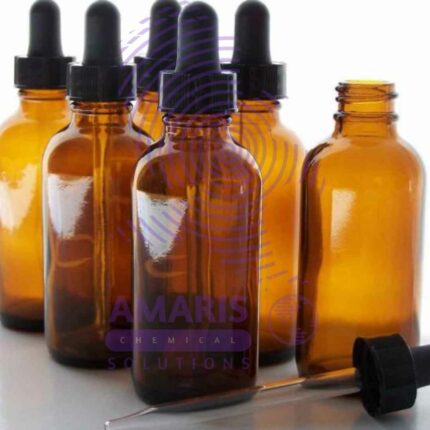
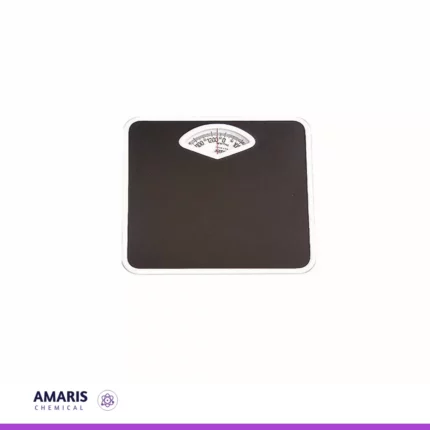
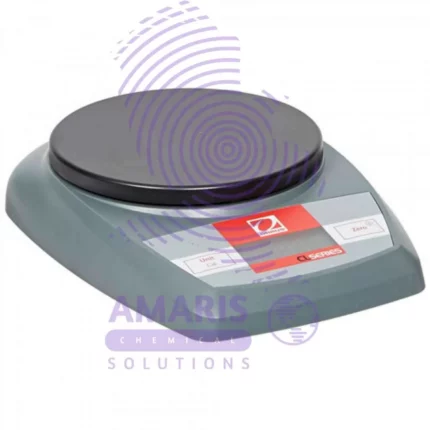

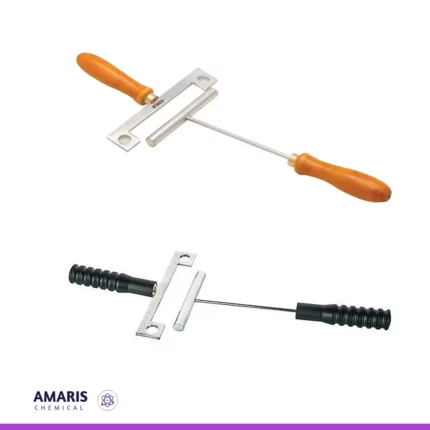
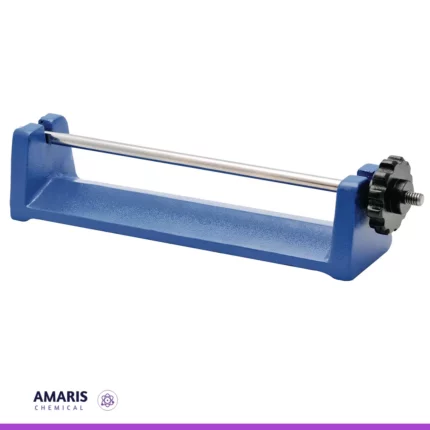
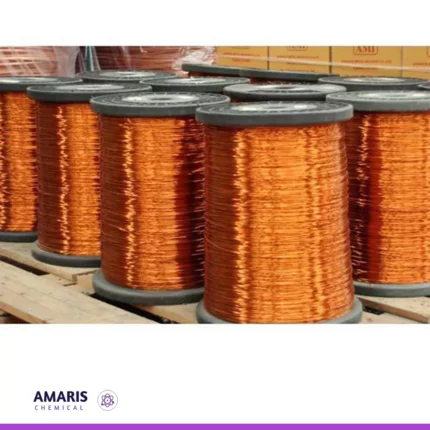













Reviews
There are no reviews yet.